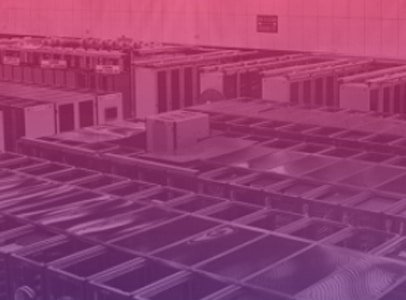If you’re like most enterprises, you contract with an external data center to house your servers and provide you with a variety of IT services and connectivity. That said, not all data centers are created equal—especially when it comes to disaster preparedness and recovery.
Natural disasters are unavoidable, as we recently witnessed with the sudden and unexpected cold snap that devastated Texas and surrounding areas. Extreme weather, fires, floods, earthquakes, hurricanes, and other unforeseen events will happen and can inflict a myriad of challenges on businesses and communities. Service failure can damage your brand and tarnish your reputation for years. And most importantly, your employees must be kept safe and protected where they work.
Data Center Checklist for Safety and Business Continuity
Preparation is key to prevention. Partnering with the right data center/office building operator is imperative for guaranteeing safety and business continuity. When selecting your data center/office space, make sure it offers all of the following:
- Colocation facility. Colocation facilities offer superior protection from disasters and outages, offering many low-latency networking options, connections to best-in-breed networks and exchanges, and redundant bandwidth from multiple providers.
- Owner-operated facility. Buildings that are owned and operated by the same entity have many advantages when it comes to business continuity, including transparency into operations, deep infrastructure visibility and open, direct communication with tenants and customers.
- Built to withstand any foreseeable disaster. Buildings should be designed with a redundant physical layout with duplicate core operational components, such as fuel storage areas and generator spaces. The foundation should be flood-proof, preferably built outside the designated 500-year floodplain. Windows should be fortified to withstand 200-mph winds.
- Guaranteed backup power and sufficient fuel. Your data center/office space should have multiple backup generators on site, including N+1 generators and N+1 Uninterruptible Power Supply (UPS) systems. There should also be enough fuel on site for at least one week’s worth of sustained power.
- Amenities for sheltering. In worst-case scenarios where prolonged sheltering for employees is inevitable, the building needs to have showers, bedding and at least one week’s worth of ready-to-eat meals in stock.
- Regularly scheduled testing and auditing. In order to ensure the building is ready for the worst, the owners/operators must conduct regular, integrated systems testing, shutting down power to test the effectiveness of backup batteries and generators. Testing procedures must also be audited at least once a year to ensure backup power and cooling can maintain the data center’s current power load for weeks at a time.
1301 Fannin Stayed Up and Running and Kept Workers Safe
By following and embodying the critical factors above, Netrality’s colocation facility at 1301 Fannin in Houston experienced no outages and maintained 100% uptime for critical and essential services throughout the entire cold weather event. We were also able to open our facility to tenants, customers, employees, and their families for safe shelter, as we have done during prior natural disasters such as Hurricane Harvey.
Both office and data center tenants within 1301 Fannin and all other Netrality facilities can rest assured knowing Netrality provides reliability, security, business continuity and safe, COVID-19 compliant environments for their data, offices, and employees. Contact us to learn more.


